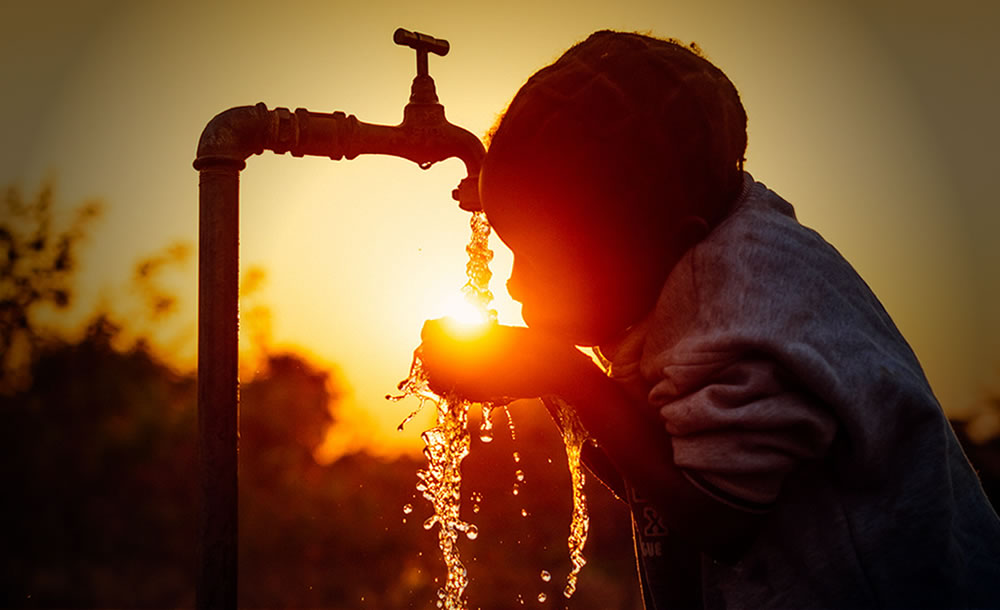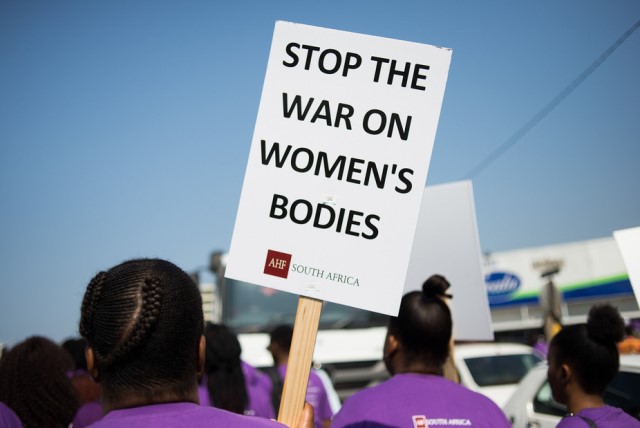
By: Pius Nyondo
Baseflow, a team of water engineers in the country, has described the reality of access to safe and clean water in the country as unfortunate, saying those that call themselves “water professionals have a lot to answer for the state of water supply in Malawi.”
Of all the social challenges Malawi is burdened with, water remains one the most pressing socio-economic issues in Malawi.
“Recurrent stories of dry taps in cities and broken hand pumps in villages, all initially launched with pomp and publicity, continue to punctuate the pages of dailies and newsreels,” Muthi Nhlema, Baseflow team leader said.
“There is little point in celebrating 89% water coverage when we know most of those water sources are not working. But rather than blame or avoid public scrutiny, we need to seek understanding first before we jump to implement solutions.”
Nyasa Times findings indicate that much as government and non-governmental technocrats in the water sector indicate that Malawi’s water sector managed to increase water coverage from 47% in 2000 to 89% as of March 2017 – beating its Millennium Development Goal target and making Malawi one of the role model countries in terms of water infrastructure development – the situation on the ground is contrary to the glowing picture.
“The disparity between what people are told and what they see on the ground is glaring, glaring enough to prompt valid, and in some cases, angry questions.
“As part of providing this understanding, BASEflow has launched a YouTube where, each month, BASEflow staff and water experts will provide insights, thoughts and solutions to problems in the Malawi’s water sector,” Nhlema said.
Nhlema said Malawi’s water woes are way beyond infrastructural.
“Malawi’s water crisis is not infrastructure, it’s applied knowledge – we have information, data and knowledge we are not using. As BASEflow, we hope that by using social media, we can raise awareness of Malawi’s water situation and provide knowledge that can help build public and sector understanding.
BASEflow is currently working in partnership with the University of Strathclyde in Glasgow with financial support from the Scottish Government.


